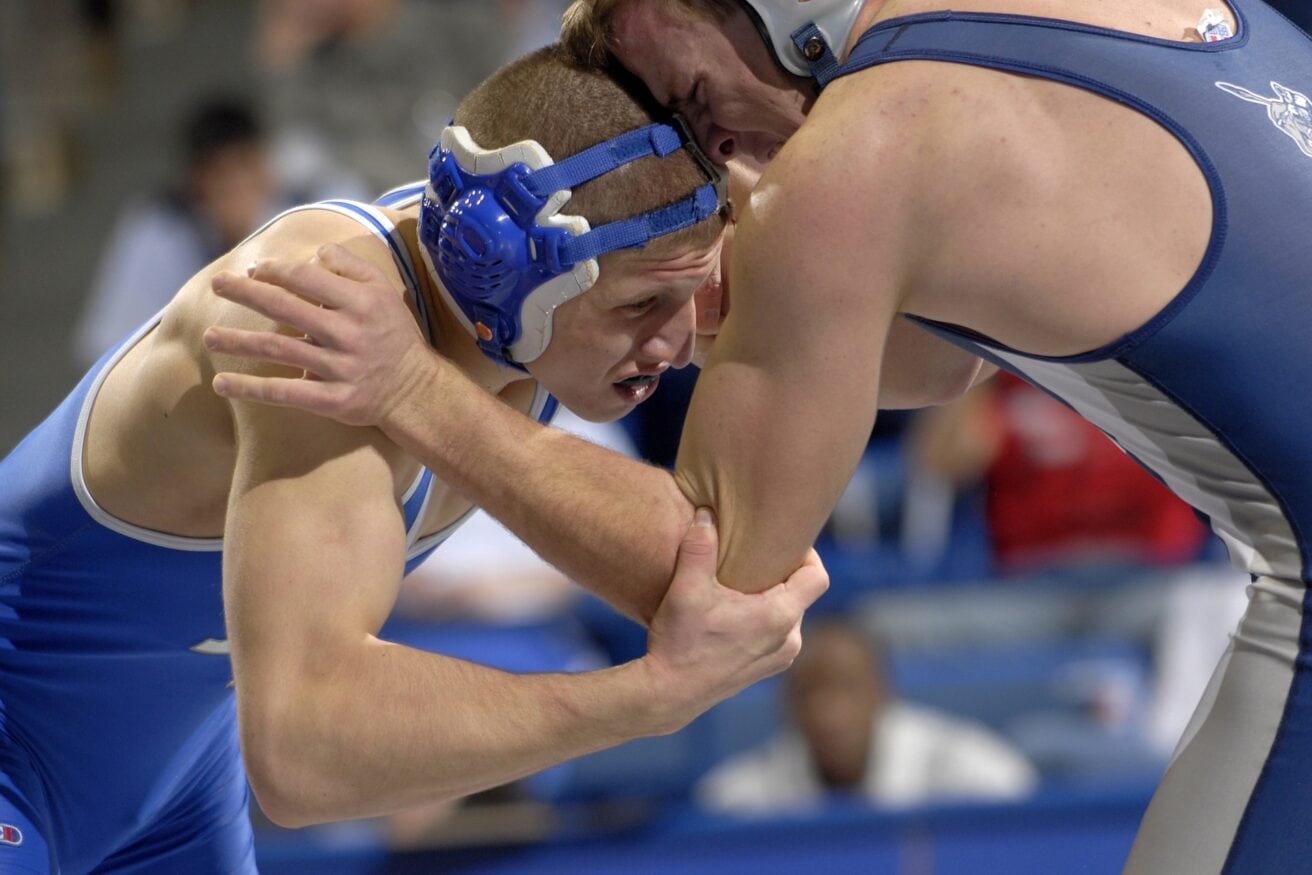Physical activity is essential to enjoying a healthy life for your mind and body. For many adolescents and young adults, participating in sports is a great way to exercise, gain valuable lessons, and accomplish personal goals that enhance their self-esteem. Many athletes benefit from strong role models and team-oriented values that encourage collaboration and positivity.
Unfortunately for some, the pressures of competitive athletics and stresses of living up to standards of performance or body image can lead to unhealthy behaviors and severe health consequences. Athletes that grow up with intrusive family pressure to succeed, or athletes that receive coaching strictly focused on performance, regardless of the cost to their wellbeing, are at an increased risk of developing unhealthy behaviors. These behaviors sacrifice long term health and development for short term gains in appearance or athletic performance. This can lead and contribute to the development of an eating disorder. Young adults participating in ‘aesthetic’ sports like bodybuilding or gymnastics, as well as weight-class sports like wrestling, are most vulnerable to this. These sports over-emphasize weight-requirements and bodily appearances.
A study of Division I college athletes revealed that of male athletes, 10% were at risk for Anorexia Nervosa, and 38% were at risk for developing Bulimia Nervosa. Among females, 35% were at risk for Anorexia and 58% at risk for Bulimia. Division I athletes face vast amounts of pressure as they compete at the highest levels of their respective sports, but the connection between athletics and unhealthy eating behaviors is seen at all levels. A survey of female high school athletes showed that 42% of athletes in ‘aesthetic’ sports reported disordered eating behaviors.
Some of these behaviors may be due to an emphasis on the value of bodyweight to athletic performance. They are also a result of poor self-esteem as a result of family environment, social pressures, flawed coaching as well as several other stressors. Athletes who reported having an eating disorder were eight times more likely to incur an injury than athletes who did not. Eating disorders can also disrupt the menstrual cycle in female athletes, which has a variety of adverse health implications.
Fortunately, there are ways to discourage unhealthy eating behaviors and hopefully prevent the development of eating disorders. Many of these strategies fall on the support system of the athlete. Parents and coaches should be encouraged to provide a person-centered approach to their athlete’s care. Family and friends that support the athlete regardless of weight or performance, will foster the strongest relationships and healthiest athletes. Instead of emphasizing weight or body shape as the ultimate goals, coaches should focus on motivation and enthusiasm as primary objectives for successful athletics. They can also educate their athlete on the dangers of eating disorders and the value of healthy habits.
Ultimately the support system of an athlete should have open communication and be vigilant of concerning behaviors of which many developing athletes are at risk. Eating disorders are the result of many factors, including anxiety and stress that is put on athletes by peers, coaches, parents, or by themselves. Minimizing these adverse stressors is the most effective way to discourage eating disorders in at risk athletes.

